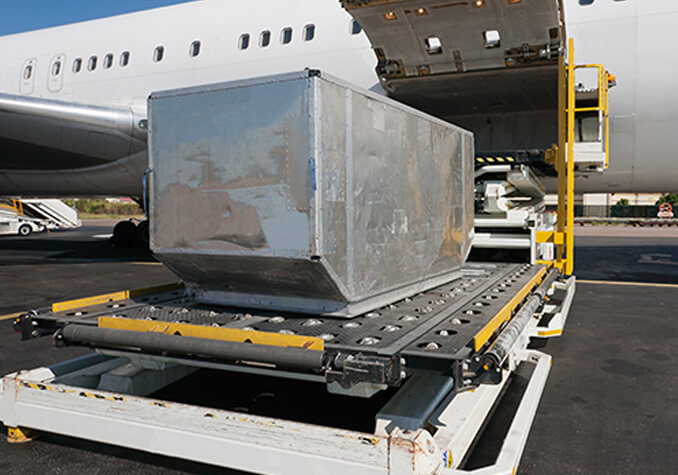The slow switch of pharmaceuticals shippers away from air cargo and toward ocean has more to do than just costs. It’s also about the lack of reliability of air carriers in protecting the integrity of temperature-controlled shipments.
According to a recent report from International Air Transport Association (IATA), the air transportation industry group, the pharmaceuticals business “loses upwards of a staggering $35 billion per annum” solely as a result of temperature excursions and “30% of scrapped pharmaceutical can be attributed to logistics issues alone.”

The IATA report makes it clear that the problem lies with airfreight’s failure at maintaining product integrity. “Due to a lack of compliance, standardization, accountability, and transparency across the air transport supply chain,” the report said, “a majority of all temperature excursions occur while the package is in the hands of airlines/airports.”
The pharmaceuticals industry must also consider other factors when planning its transportation and logistics. “Regulatory oversight is already very high and this intervention will grow if distribution quality does not improve,” said Kennedy. “Pharmaceuticals companies also need to reduce their carbon footprint.” Research has shown that ocean freight produces a fraction of the CO2 per ton/km produced by airfreight.
The stakes are high, not only for the pharmaceuticals companies, but for the transportation and logistics services providers that move, store, process, and deliver their products. By 2021, according to IATA, world sales of cold-chain drugs and of biologics such as vaccines and insulin will top $396 billion, in a global bio-pharma market exceeding $1.47 trillion. Cold-chain logistics spending in 2017 was around $13.4 billion worldwide, within an overall pharmaceuticals logistics market that reached nearly $80 billion.
IATA sees the biggest drivers of cold-chain logistics over the next few years centered on the continued development of biologics products and the expansion in the usage and production of these and other cold-chain products in emerging markets. Demand for insulin, the largest cold-chain drug in volume, is growing at six percent per year globally, but much faster in emerging markets. China, for example, which has about one-quarter of the world’s diabetic population, uses only six percent of the world’s insulin.
Meanwhile, a significant proportion of pharmaceuticals shipments require temperature-controlled transportation. Three-quarters of shipments require passive cooling solutions, such as specialized packaging, according to IATA, and 20% require active temperature-control, which could include refrigeration or freezing and monitoring. “Active temperature-control solutions demand a yield premium due to complex requirements,” the IATA report noted. “Passive solutions drive volume and are less costly to implement.”





